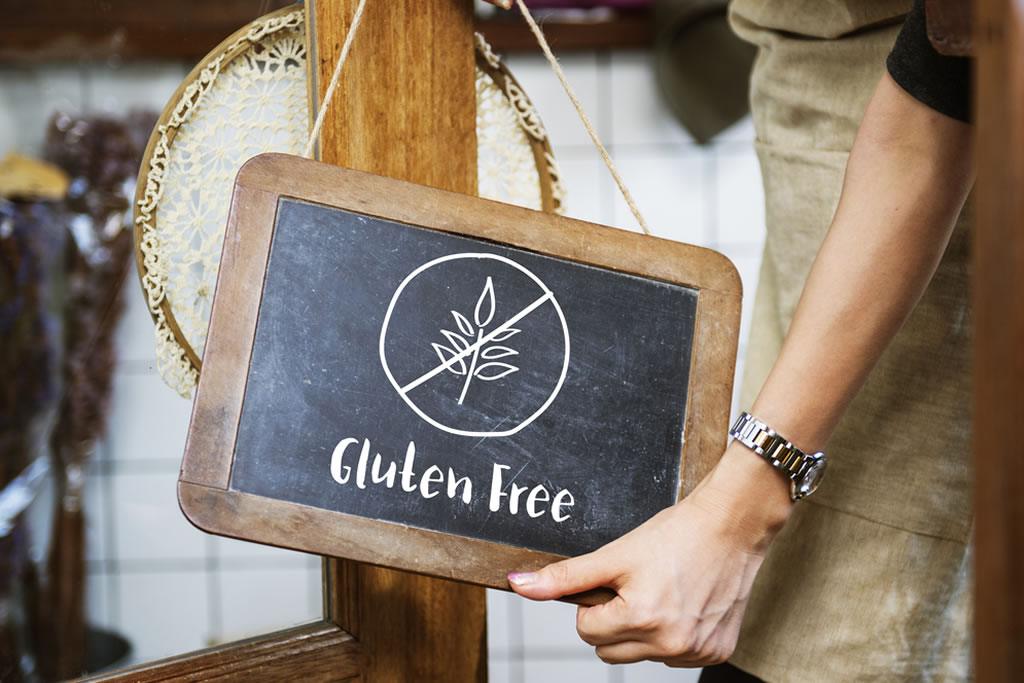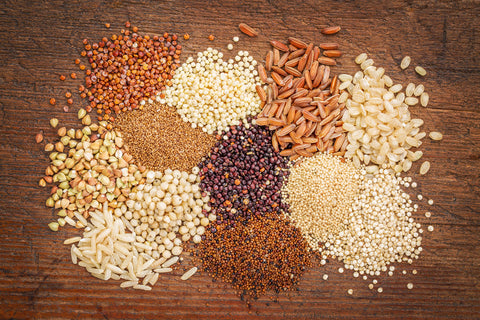Mon - Fri 9.00 - 17.00
Call us +1 (888) 825-9321

Over 1.6 million people in the United States adopted the gluten-free diet, but does it really benefit one’s health? The only time gluten-free diets benefit an individual is if they have celiac disease or non-celiac gluten intolerance.

What is gluten anyway? Gluten is a protein that is found in wheat, barley, rye, and triticale. This special protein keeps foods together and helps maintain their shape, including bread, cereal, and pasta. It can be also found in cosmetics, such as lip balm, and in the sticky parts of envelopes and stickers.

Consuming gluten does not have detrimental values, but only affects those with celiac disease, since celiac disease is due to gluten intolerance. The gluten activates an autoimmune response in the body that attacks the lining of the small intestine. This results in lack of nutrients in the bloodstream and can lead to anemia, delayed growth, and weight loss. Some of the symptoms people with celiac disease face when consuming gluten are bloating and gas, diarrhea, fatigue, headache, and itchy skin rash. Unfortunately, 1 in every 133 people in the United States has celiac disease.
[adrotate banner=”4″]
For those who do not have celiac disease, having gluten in your diet will not negatively impact your health. According to Gaynor Bussell, a dietitian and spokesperson for the United Kingdom’s Association for Nutrition, “gluten is only bad for health if you are celiac.” Even Lisa Cimperman, a clinical dietitian at the University Hospitals Case Medical Center in Cleveland, Ohio, agreed that “gluten is neither essential nor detrimental to one’s health or quality of diet.”

For some reason, gluten has been antagonized by many people, especially celebrities or talk show hosts. They glorify the gluten-free diet, claiming that it is healthier. There has been no research that supports whether gluten-free diets positively anyone else besides those who have celiac disease and non-celiac gluten sensitivity. Although there have been claims that gluten-free diets increase susceptibility to heart disease.
(Source: MedicalNewsToday)